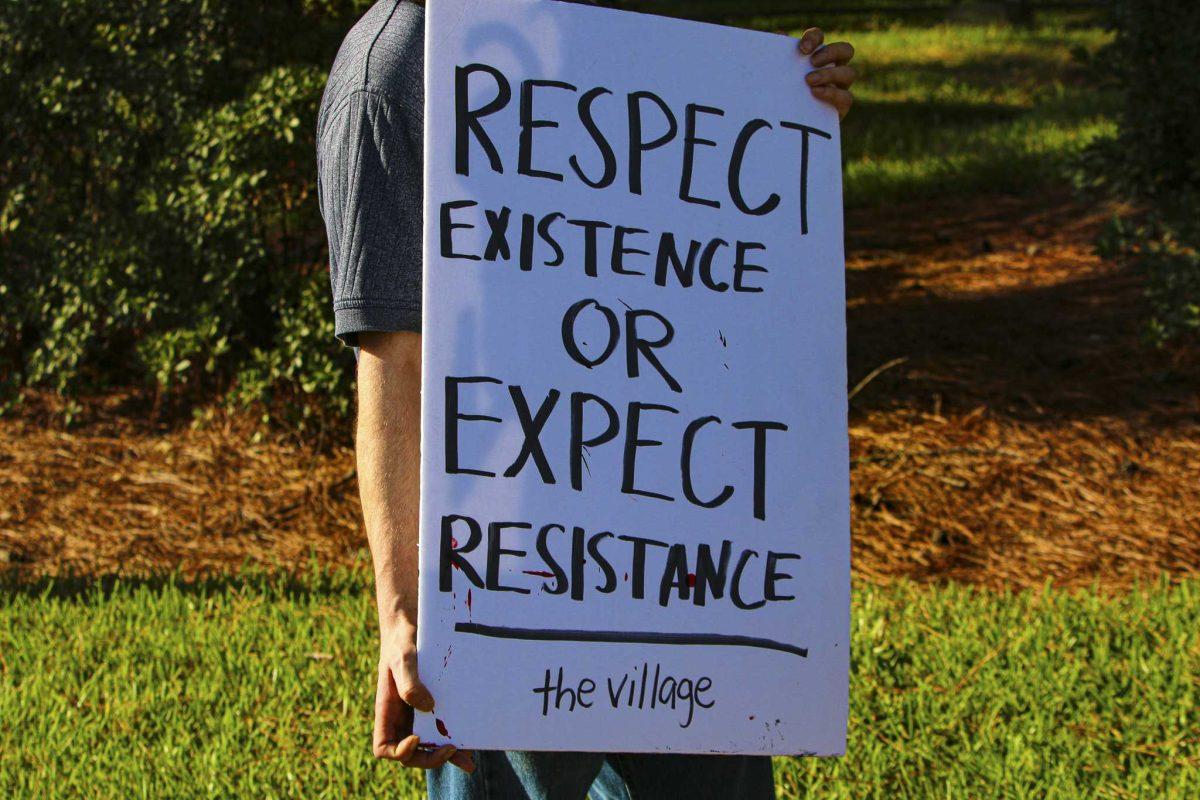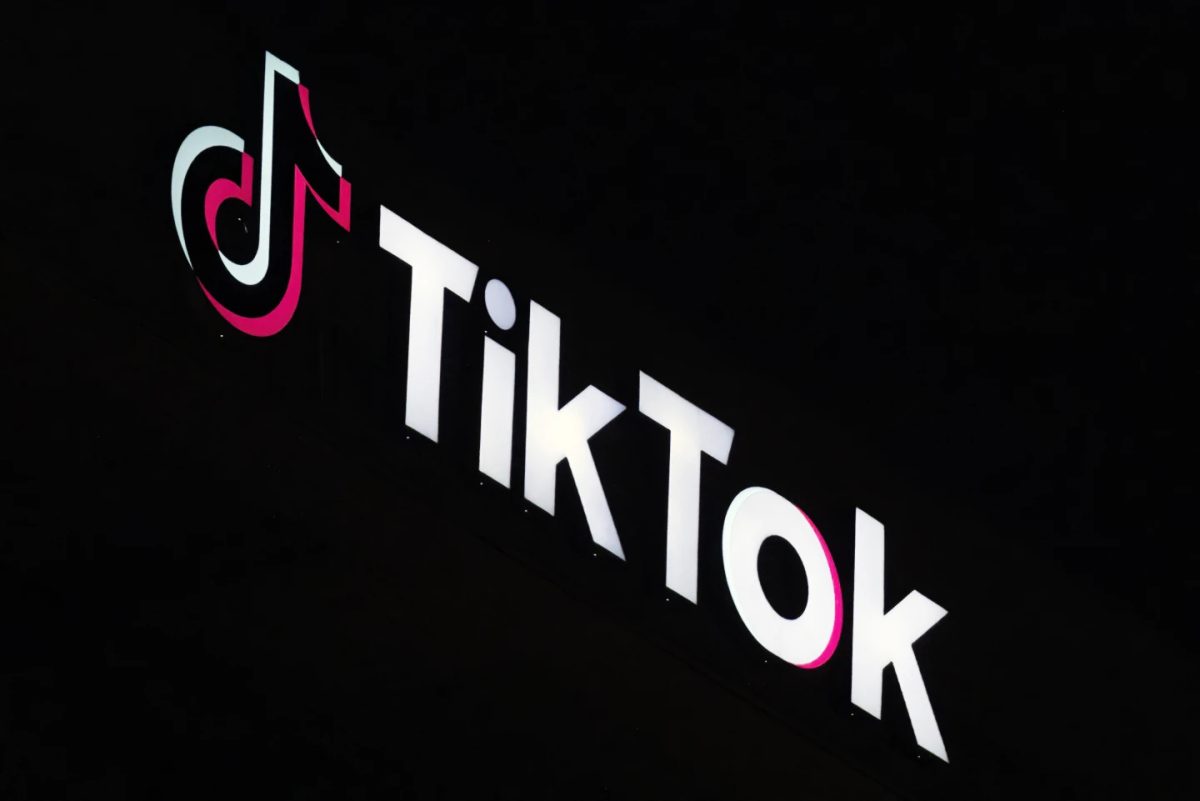As we come of voting age in time for the election, the events of 2020 have incited a fierce political fervor in members of Generation Z.
This summer marked an essential transition in my generation’s cultural outlook. Gen Z, a demographic called out in the past for its perceived political apathy, has finally found its voice and eagerly ascended to a new sense of social responsibility.
I began to notice this shift on social media. In contrast to more Millennial and Boomer-esque spaces like Twitter and Facebook, Instagram — a platform dominated by “Zoomers” — has always seemed uniquely apolitical.
That began to change towards the end of May when the platform was engulfed by a tidal wave of content in solidarity with George Floyd and the Black Lives Matter movement; such online discussions have only proliferated as 2020 continues to throw curveballs our way.
With so much to consider this year, this insurgence of a youthful interest in politics could not have come at a more critical time. A flourishing democracy demands a well-informed and enthusiastic electorate.
Despite this, there are some potential problems to consider. Coming of age in a post-religious and politically polarized society, my generation is unique in its lack of a coherent metaphysical framework to guide in its pursuit of justice.
An increasingly disquieting and pseudo-religious rhetoric is swelling amid today’s political discourse. It’s as though people’s individual political convictions are their entire world views.
In conversation with my peers, conservative and liberal alike, I have come to see an excessive — almost existential — angst directed towards political discussion. The subject is treated with such intense gravitas and emotion, almost as if, in their minds, there can be nothing more profound.
One of the defining characteristics of the civil rights movement of the ’60s was its invocation of larger theological and philosophical traditions. Martin Luther King Jr. exemplified this sort of approach, famously calling upon ubiquitous figures like Augustine, Aquinas and Socrates to justify and contextualize his civil disobedience in “A Letter from a Birmingham Jail.”
The same could be said for the country’s founding fathers, who looked to Enlightenment ideas about human nature to draft the Declaration of Independence.
With clear guiding principles and goals that transcended political ambition, the great social movements of the past were able to avoid a pitfall I fear Gen Z may be slipping into. They understood government as a tool; a means to a higher end.
History has taught us the atrocities of political religion. When government and the law become so tightly intertwined with your sense of self, politicians become idols and dissenters become heretics for inquisition. Look no further than the messianic cult of hardcore Trump-sters or the rabid witch hunts associated with “cancel culture” to see these ideas in action today.
If Gen Z hopes to adequately grapple with the monumental problems on its horizon, its freshly-born fervor needs to be cultivated and freed from the shackles of civic religion that are beginning to bind it.
We need to reassert a stable notion of the transcendent; a higher vision to remind us that politics is simply a stepping stone to realizing deeper, more fundamental values.
If there is anything positive to be learned from the chaos of this year, it should be this: the higher purpose should lead the heart of the political movement, not the other way around.
Evan Leonhard is a 19-year-old English and philosophy major from New Orleans.
Opinion: Today’s political movements demand higher purpose
October 4, 2020
A protester holds up sign on Friday, Sept. 25, 2020 during protest in front of the Louisiana Governor’s Mansion.








